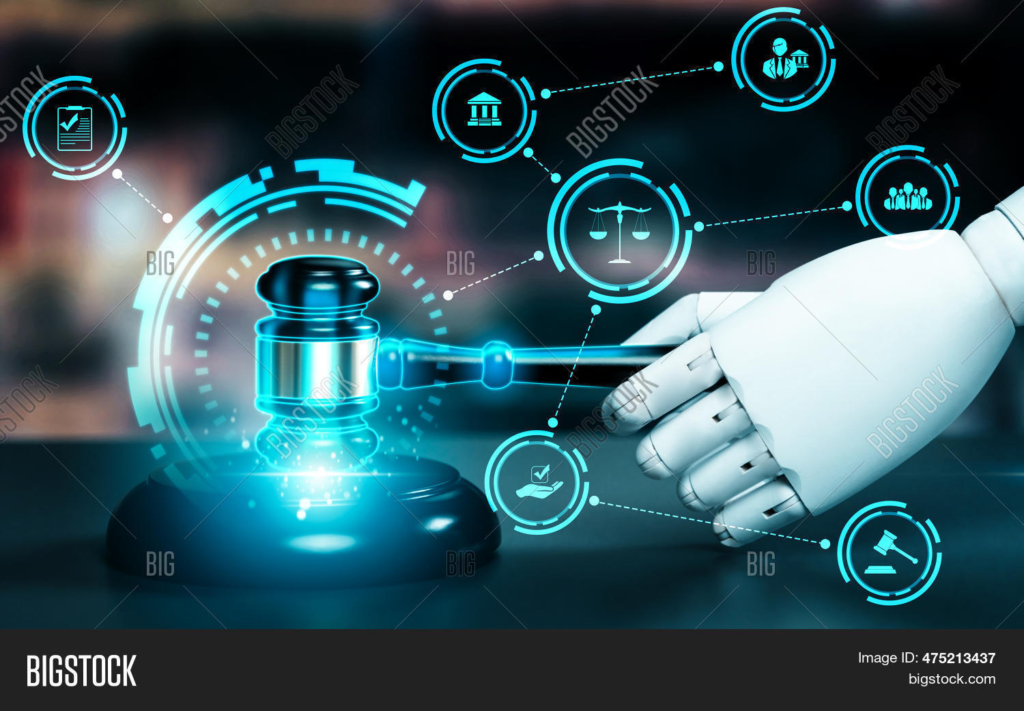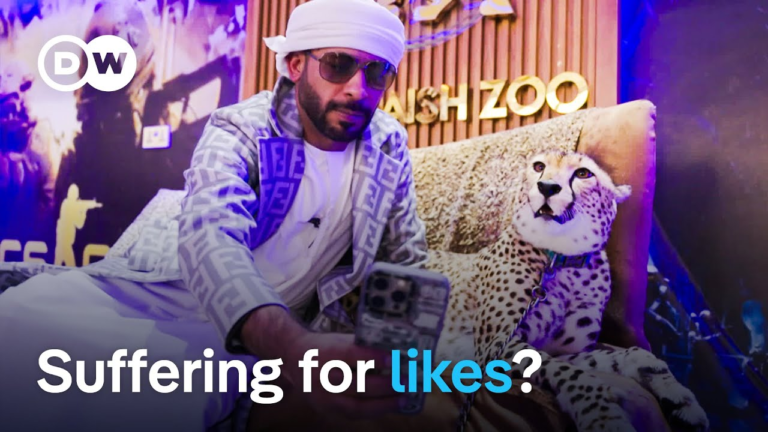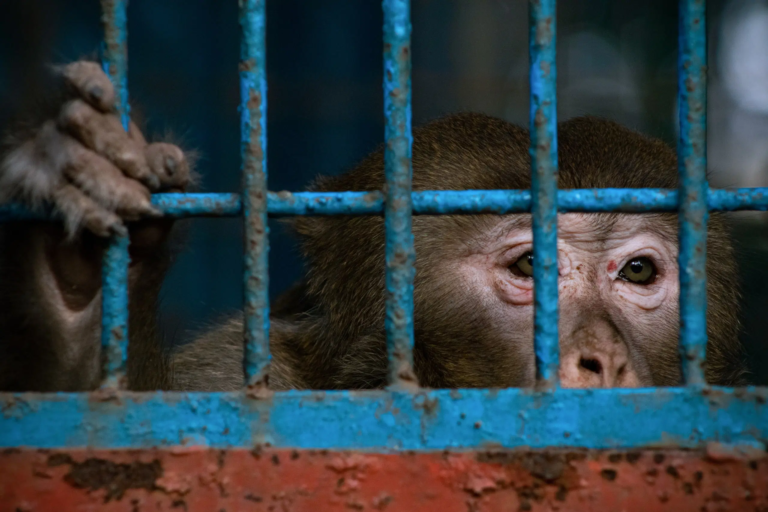
Abstract
Artificial intelligence is growing increasingly powerful and prevalent with each passing day. From healthcare to education, and from business to government, AI is being applied in numerous areas. However, Artificial Intelligence is not only opportunity but also a risk if not regulated properly, and there are very few international laws that control how AI should be balanced as risk and opportunity. Different countries have different rules, and this can cause confusion, misuse, and even harm to humans and human civilization. We will be studying the importance of establishing global rules, to govern the AI laws on the global platform to lower the risk of serious offences in the world.
It explains the problems of having different laws and shows why international cooperation is needed to make AI safe, fair, and beneficial for everyone.
Introduction
Definition of AI: AI (Artificial Intelligence) refers to the ability of machines to perform tasks that typically require human intelligence.
AI is growing very fast, and its influence is seen in many fields such as medicine, transportation, social media, defense, and education.
While AI brings many benefits, it also has serious risks, like:
- Invasion of privacy
- Job loss
- Bias and discrimination
- Misinformation
- Use in war and surveillance
But since AI is used across borders, for example, global apps like Google, Facebook, ChatGPT etc., one country’s rules and regulations are not enough to regulate and use AI for human development. At present, various countries are formulating their own laws concerning AI. There needs to be a global legal framework that all countries can agree on and follow. This is also referred to as global AI governance. It will include establishing global standards and coordinating efforts for addressing cross-border challenges towards AI.
Why AI Needs Regulations
Artificial Intelligence (AI) is a powerful tool, but without proper regulation, it can cause serious harm to multiple stakeholders including governments, researchers, industries, civil societies, and international organizations. AI systems can reflect and even worsen human bias, leading to unfair treatment in hiring, policing, or access to services. Misinformation spread through AI-generated deep fakes can influence elections and damage reputations. Another significant concern is privacy invasion, as AI has the ability to gather, process, and exploit personal data without permission. In military applications, unregulated AI could lead to autonomous weapons making life-or-death decisions without human control. These issues underscore the critical importance of creating a regulatory framework to mitigate such risks.
Cases of AI Causing Harm to Humans
A global example is the Facebook–Cambridge Analytica data scandal of 2010, where data from millions of users was misused to manipulate political opinions using AI-driven profiling. Here, Cambridge Analytica, a British consulting firm, was able to collect the data of 87 million Facebook users without their consent. The data was collected with the app ‘This is Your Digital Life’ by scientist Kogan via Facebook’s open graph platform and was later used in the presidential campaigns of Donald Trump and Ted Cruz1.
In the Indian context, facial recognition systems2 used by law enforcement during protests raised concerns of mass surveillance and targeting, often without legal safeguards or public oversight. Major concerns include lack of transparency, legal framework, mass surveillance, targeting, and erosion of civil liberties. Though India has policy frameworks like the IT Act, 2000, there is no specific law created or enacted for AI and its usage.

Why National Rules Are Not Enough
Every country has its own legal system. For example, the European Union created the EU AI Act, and the USA follows different laws for tech companies. AI technologies, however, operate globally. Only 36 countries within the OECD, including members of the G20, led a guideline of principles in 2024 to promote innovative and trustworthy AI3.
Still, there are no strong principles that regulate AI globally under a single regulatory framework. An AI system developed in the USA can be used by someone in India, and a surveillance tool created in China can impact individuals in Africa.
Without global rules:
- Businesses may relocate to countries with weaker regulations (regulatory arbitrage).
- People in different countries may not get equal protection.
- It becomes hard to punish companies that harm users in another country.
Existing Efforts in AI Governance
Several international and national bodies have started building frameworks to regulate AI and ensure it aligns with human rights and ethical values. The AI Act introduced by the European Union is among the earliest detailed legal frameworks aimed at regulating Artificial Intelligence, categorizing AI systems by risk level and imposing strict rules for high-risk applications such as biometric surveillance and credit scoring4.
The OECD AI Principles (2019) promote values like transparency, accountability, robustness, and human-centered design, and have been adopted by over 40 countries5. UNESCO’s 2021 Recommendation on the Ethics of Artificial Intelligence emphasizes the safeguarding of human dignity, ensuring privacy, and responsible data management, and encourages international collaboration, along with the inclusion of marginalized groups6.
Also, world organizations like the International Telecommunication Union (ITU) and United Nations (UN) promote ethical implications in technical standards through cohesive approaches to AI governance. The Indian government has proposed the Digital India Bill as a draft legislation aimed at replacing the Information Technology Act of 2000. It seeks to address emerging challenges in AI, data protection, cybercrime, and misinformation, while also exploring the regulation of AI-driven digital platforms. These efforts show progress, but most are still either non-binding or in early stages, highlighting the continued need for a global, enforceable legal framework.
Examples of Risks from Unregulated AI
- Facial recognition systems have been used by governments to track people without their permission.²
- AI-generated fake videos (deep fakes) have been used in politics to spread false information7.
- Biased algorithms have resulted in unjust outcomes in recruitment processes and law enforcement investigations.
These examples show how AI, without proper legal control, can harm people’s rights and freedom.
The Necessity for an International Legal Framework for AI
AI is increasingly urgent due to its widespread cross-border impact. With the rapid evolution of AI technology, setting global ethical standards is essential to promote responsible innovation and equitable progress among nations. Without unified guidelines, countries may apply inconsistent or weak regulations, increasing the risk of human rights violations, such as privacy breaches, discrimination, or biased decision-making. Moreover, enforcement challenges arise when AI systems developed in one jurisdiction affect users in another, leading to regulatory gaps and accountability issues. A cohesive global framework would promote transparency, protect fundamental rights, and foster international cooperation to manage AI’s risks and benefits effectively.
Any global law for AI must protect basic human rights, such as:
- Right to privacy
- Right to equality
- Freedom of speech and expression
Legislation should also uphold ethical principles such as fairness, transparency, and accountability. For example, companies should explain how their AI works, and people should be allowed to challenge decisions made by AI systems.

Suggestions for Global Legal Framework
To make global rules for AI, we need:
- A global treaty signed by all major countries
- A UN-led body to monitor and guide AI development
- Collaboration at the international level among governments, technology companies, and civil society is essential.
AI is a transformative tool with vast societal benefits, but it also poses significant risks.
Conclusion
The rapid growth and development of AI globally and its increasing demand in various sectors of life, demands for a unified global legal system which could legally enforce the laws to the countries across the globe to ensure the responsible development and deployment of services. We can see fragmented regulations, unchecked misuse widening ethical and human right gap without any consistent international legal framework for use of AI. There needs to be a collaborative approach with moral values such as ethical accountability and fairness which can foster innovation while protecting individual rights and societies. Establishing global rules for global AI is not just a legal necessity but also a moral and ethical imperative to build a suitable and justifiable Digital Age.⁶⁷⁵
References:
[1] UNESCO. Recommendation on the Ethics of Artificial Intelligence. 2021. (MLA) / UNESCO. (2021). Recommendation on the Ethics of Artificial Intelligence. (APA) / United Nations Educ., Sci. & Cultural Org., Recommendation on the Ethics of Artificial Intelligence (2021). (Bluebook)
[2] European Commission. Proposal for a Regulation Laying Down Harmonized Rules on Artificial Intelligence (AI Act). 2021. (MLA) / European Commission. (2021). Proposal for a Regulation Laying Down Harmonized Rules on Artificial Intelligence (AI Act). (APA) / European Commission, Proposal for a Regulation Laying Down Harmonized Rules on Artificial Intelligence (AI Act), COM (2021) 206 final. (Bluebook)
[3] OECD. Recommendation of the Council on Artificial Intelligence. 2019. (MLA) / OECD. (2019). Recommendation of the Council on Artificial Intelligence. (APA) / OECD, Recommendation of the Council on Artificial Intelligence (May 22, 2019). (Bluebook)
[4] Facebook–Cambridge Analytica Scandal. See https://www.britannica.com/event/Facebook-Cambridge-Analytica-data-scandal (Accessed 2025).
[5] Facial Recognition in Protests. See Internet Freedom Foundation, https://internetfreedom.in (Accessed 2025).
[6] Deep fakes and AI misinformation. See Chesney, R., & Citron, D. (2019). Deep fakes and the New Disinformation War. Foreign Affairs.
Footnote
- Facebook Cambridge Analytica scandal: https://en.wikipedia.org/wiki/Facebook%E2%80%93Cambridge_Analytica_data_scandal ↩︎
- Facial recognition in protests , internet freedom.in
https://internetfreedom.in/is-the-illegal-use-of-facial-recognition-technology-by-the-delhi-police-akin-to-mass-surveillance-you-decide-project-panoptic/ ↩︎ - OECD recommendation of council on AI (may,2019) ↩︎
- European Commission AI act ↩︎
- OECD recommendation of council on AI (may,2019) ↩︎
- UNESCO recommendation on Ethics of AI ↩︎
- Chesney. R, and citron D. Deep fakes and new Disinformation War ↩︎




Hi,
Exciting news! We matched you with this current job opportunity. As one of many top company opportunities, this particular assignment requires an in-home customer service representative who has a computer setup at their desk ready to go:
As a customer service representative, you offer email support and live chat support. Be paid to work from the comfort of your home: https://www.goldtip.shop/customerservice .
Here’s a brief rundown on the position:
-Minimum 5 hours per week (flexible time slots).
-Remote, so available to people in your country
-Salary starts at $25 – $35 per hour.
-Training provided
You’ll work directly with this small company based in your country, which will give you assignments related to customer service.
All you have to do is enter some basic information about yourself in this link in order to start being paid today: https://www.goldtip.shop/customerservice .
Regards,
Warren McKinnon
UNSUBSCRIBE: https://www.goldtip.shop/unsubscribe/?d=lraconnect.com
Address: 4587 Collins Avenue
Grove City, OH 43123
Your blog is a treasure trove of valuable insights and thought-provoking commentary. Your dedication to your craft is evident in every word you write. Keep up the fantastic work!
Thanks for your kind and encouraging words
Your blog is a beacon of light in the often murky waters of online content. Your thoughtful analysis and insightful commentary never fail to leave a lasting impression. Keep up the amazing work!
Thank you…for your encouraging words